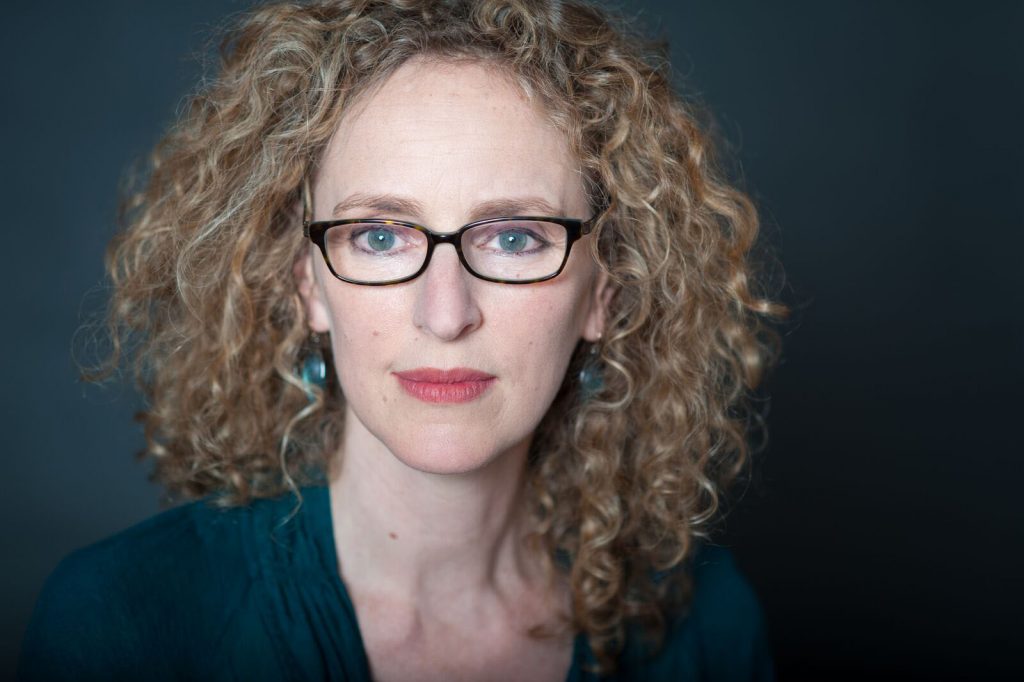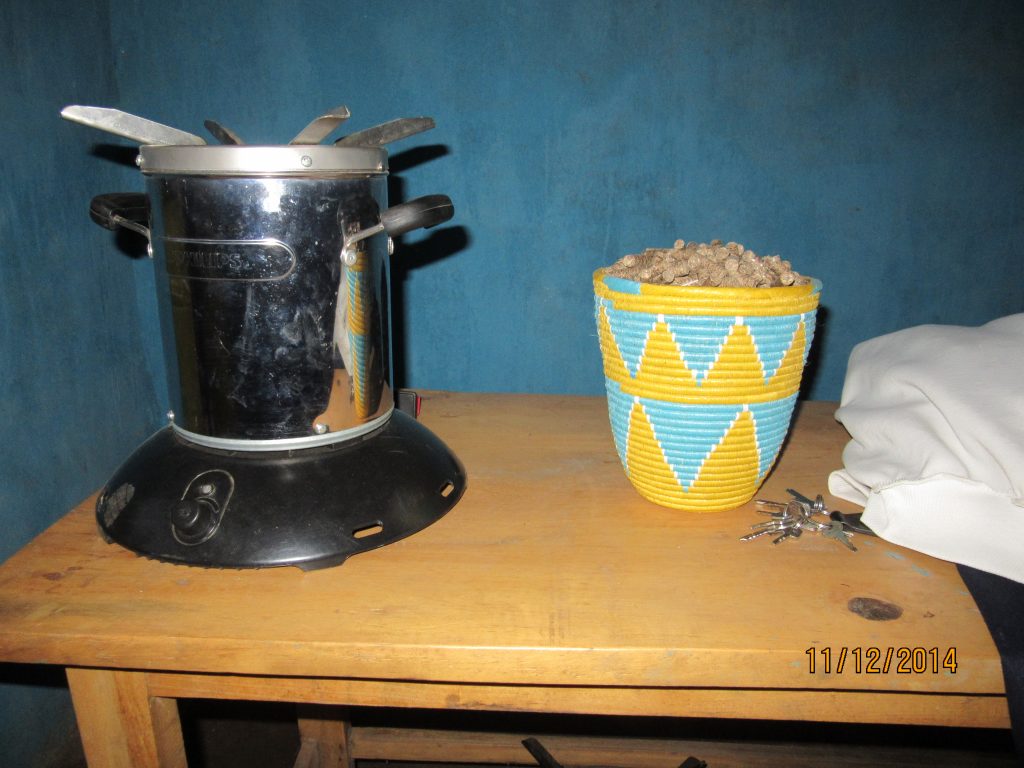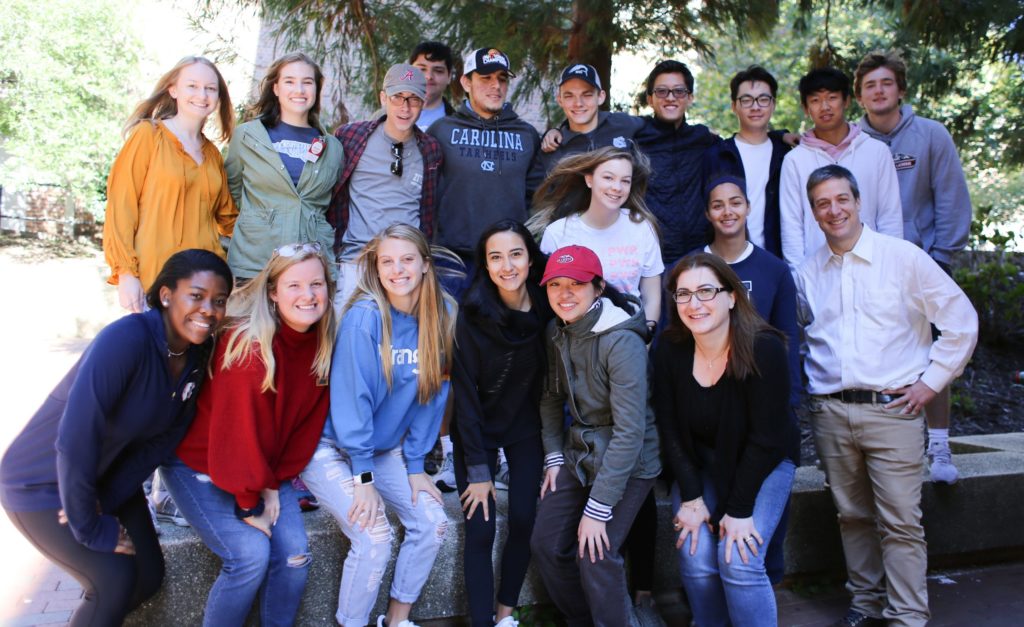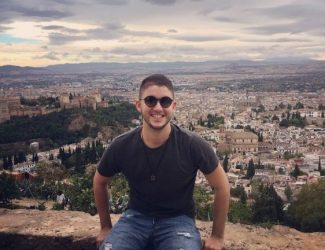Patrick Link graduated from UNC in 2007 with a major in dramatic art and a minor in writing for the screen and stage. Link, 27, is a member of the Youngblood Playwriting Program at the Ensemble Studio Theatre on West 52nd Street in New York. His new Off-Broadway play, “Headstrong,” is inspired by the ongoing struggles of professional athletes with head-related injuries, including, among others, Hall of Fame Pittsburgh Steelers center Mike Webster, who suffered from amnesia, dementia and depression before his death at the age of 50; and Philadelphia Eagles defensive back Andre Waters, who sustained numerous concussions as a player before committing suicide at age 44. The play opened April 30, and the run of the play has been extended until May 27. We asked Link about his new project in a recent email interview. Listen to a “talk back” panel after the show with Stone Phillips and NY Giants Hall of Famer Harry Carson: http://www.youtube.com/watch?v=r-PRAnJl-Uw&feature=youtu.be.
Q: Tell us a little bit about the Youngblood Playwriting Program with the Ensemble Studio Theatre in New York. When were you accepted into the program, and what kinds of projects have you been working on?
A: I’ve been in Youngblood for the past four years. I got in when I was 23, one year after graduating UNC. It’s been a wonderful opportunity and has allowed me to meet and work with some really terrific and talented people. I’ve written four full-length plays since joining the group and a whole slew of short ones. But everything I’ve written has been seen in some form or another, either a staged reading, workshop production or full production, and that’s a testament to the kind of support EST gives its writers. The content of each piece I’ve written has varied drastically, in part because I’m interested by a variety of different things. Once I work on one kind of story, I want to try to do the exact opposite next time.
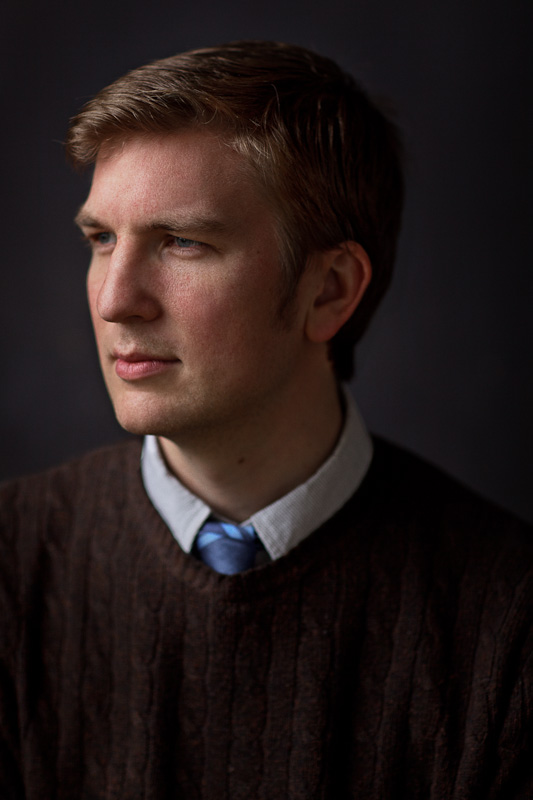
Q: How did your time at UNC prepare you for life in New York? Did you have any favorite professors or classes?
A: I feel like New York and UNC are similar in some respects. Both offer a wide range of activities and opportunities, which can be wonderful and also overwhelming. When I was a freshman at UNC I remember sitting in the undergrad library and just watching what felt like swarms and swarms of people make their way through The Pit thinking, “how am I going to find my way through this place?” I had similar feelings when I moved to New York, but I had confidence I could make it work, just like I did at UNC. I started doing plays in college and made a bunch of friends (friends I still keep in touch with today!) I moved to New York and started writing plays and was lucky enough to make a new set of friends here. Follow your passions and you’ll find yourself making friends. And once you have a bunch of friends, cities do not seem so big.
Q: Your latest play was commissioned through a partnership between the theater and the Alfred P. Sloan Foundation called the EST/Sloan Project. Tell us about the project and what it’s designed to do.
A: The EST/Sloan Project is an initiative to foster plays about science and technology. When people think about science on stage, there’s a sort of cliche that comes to mind … some kind of mad scientist looking into a microscope late at night or something like that. In part, one of the goals of the project is to develop plays that break that cliche and depict science and technology in ways that are more interesting and surprising. There was a play a few years ago about the two guys who embalmed Lenin, for one example. There was certainly science in the play, but it was also about communism and humanity. So they look for plays that take science and put it in a broader, relevant, and compelling context. ‘Headstrong,’ [his latest play, see below] in some ways, is about neuropathology. But it’s more about what people should do with the information science is giving them and how people respond when science is in conflict with their culture.
Q: The title of your latest play, which opens for previews April 18 at the Ensemble, is “Headstrong.” What’s the premise of the play?
A: “Headstrong” is about a fictional NFL player who died under strange circumstances. The play is centered around his widow as she tries to learn what happened to him and some of the decisions she has to make.
Q: You acknowledge that you’ve been a football fan your while life. Who do you cheer for?
A: I try to cheer for the Jets, but it’s difficult. I like Cam Newton a lot though, so it’s tempting to become a Panthers fan, but once you say you support the Jets you’re sort of stuck with them. No other team wants your support after you’ve been a Jets fan.
Q: What led you to this topic of the ongoing struggles of professional athletes with head-related injuries?
A: I love watching football. I’m also aware that football could be really hurting people in ways they hadn’t previously considered. So I feel conflicted about it and I think a lot of people do. I know I try not to think about it while I’m watching games. But it’s probably a good thing to think about and discuss. One way of encouraging discussion is to write a play.
Q: What do you hope people gain from the play?
A: I hope the play is entertaining, which I think includes being challenged to think about things in different ways and consider new perspectives. Ultimately, I hope the play reminds them that life is precious.
Q: What’s it been like to see this project come to life on the stage?
A: Exhilarating and exhausting. As always, there’s something sad about it too. The other day I was standing around rehearsal … parts of the set were being built, actors were going over their lines and going to costume fittings … there was nothing for me to do. It’s a great feeling, but also bittersweet. It’s like teaching a kid to ride a bicycle. Eventually you have to let go and watch them ride off.
Q: What advice would you give to young playwrights at UNC who are seeking to make it in this business?
A: Read a lot, write a lot, see a lot. If possible, marry somebody who is endlessly supportive.
[ Interview by Kim Weaver Spurr ’88 ]

